 Multiple Myeloma - The Longer You Live, The Longer You Live! Survival Rate and Life Expectancy Improves to a Cure rate at 10 years of Survival - Multiple Myeloma - Survival Rate Statistics by Hospital
Multiple Myeloma - The Longer You Live, The Longer You Live! Survival Rate and Life Expectancy Improves to a Cure rate at 10 years of Survival - Multiple Myeloma - Survival Rate Statistics by HospitalWhat patients and caregivers need to know about. If you or someone you love has cancer, know what to expect can help you cope. From basic information about cancer and its causes to detailed information about specific types of cancer, including risk factors, early detection, diagnosis and treatment options, you will find it here. More Topics You can help reduce the risk of cancer by making healthy choices like eating well, staying active and not smoking. It is also important to follow recommended screening guidelines, which can help detect certain early cancers. More Topics Cancer Prevention Tools Whether you want to learn about treatment options, get tips on how to deal with side effects, or have questions about health insurance, we are here to help. We can even find a free trip to treatment or a free place to stay when the treatment is away from home. More Top History NAVIGATION WORKING Top Our team of expert journalists brings you all the angles of cancer history – from last-minute news and survivor stories to detailed information about cutting-edge research. More news about Top Story cancer What is needed to overcome cancer? Research. We've invested more than $5 billion in cancer research since 1946, all to find more treatments, discover factors that can cause cancer and improve the quality of life of cancer patients. Life Saving Research Explore Our ResearchWe couldn't do what we do without our volunteers and donors. Together, we are making a difference – and you can too. Become a volunteer, make a deductible tax donation, or participate in a fundraising event to help us save lives. MORE MEASURES TO INVOLVATEOur PassionThe partners highlight the Health Care of the NFLPamperado Chef PartnershipJoin GrowNation The American Cancer Society was unable to do what we do without the support of our partners. Learn more about these partnerships and how you can also join us in our mission to save lives, celebrate lives and lead the struggle for a cancer-free world. Cancer PartnersPartners SpotlightThe NFL Defender Health QuizPampered Chef PartnershipJoin GrowNation At the American Cancer Society, we are on a mission to free the world from cancer. Until we do, we will be funding and conducting research, sharing expert information, supporting patients and spreading the word on prevention. So you can live longer and better. Learn how to use a difference Living as a Multiple Myeloma Survivor For some people with multiple myeloma, treatment may remove or destroy cancer. The end of treatment can be stressful and exciting. You may be relieved to finish the treatment, but it is difficult not to worry about the cancer that returns. This is very common if you have had cancer. For other people, cancer could never disappear completely. Some people may receive regular treatment with , , or other treatments to try to help keep cancer in control. Learning to live with cancer that does not go away can be difficult and very stressful. Life after multiple myeloma means returning to some family things and taking some new options. Follow-up careDuring and after treatment, it is very important to go to all follow-up appointments. During these visits, your doctors will ask about the symptoms, examine them and order blood tests or such as CT scan or X-ray. Follow-up is needed to see if the cancer has returned, if more treatment is needed, and to check if there is . This is the time for you to talk to your cancer care team about any changes or problems you notice and any questions or concerns you have. Almost any cancer treatment may have side effects. Some last a few weeks to several months, but others may be permanent. Do not hesitate to tell your cancer care team about the symptoms or side effects that bother you so that you can help you manage them. Ask your doctor for a survival care plan Talk to your doctor about the development of one for you. This plan may include: Keeping your health insurance and copies of your medical records Even after treatment, it is very important to keep your health insurance. Tests and medical visits cost a lot, and even though no one wants to think about their cancer coming back, this could happen. At some point after cancer treatment, you may find yourself seeing a new doctor who doesn't know about your medical history. It is important to keep copies of your medical records to give your new doctor the details of your diagnosis and treatment. More information on . Can I lower my risk that my my myeloma will continue to progress or return? If you have (or have) multiple myeloma, you may want to know if there are things you can do that could reduce your risk of cancer growing or returning, such as exercise, eating a certain type of diet, or taking nutritional supplements. Adopt healthy behaviors like, , , and can help, but no one knows for sure. However, we know that these types of changes may have positive health effects that may extend beyond your risk of myeloma or other cancers. About dietary supplements So far, not (including vitamins, minerals and herbal products) has been shown to help clearly reduce the risk of cancer progressing or returning. This does not mean that any supplement will help, but it is important to know that none has been tested to do so. Dietary supplements are not regulated as medicines in the United States – they do not have to be tested effective (or even safe) before being sold, although there are limits on what they are allowed to say they can do. If you are thinking of taking any type of nutritional supplement, talk to your health care team. They can help you decide which can be used safely by avoiding those who may be harmful. If the cancer returns If the cancer is repeated at some point, your treatment options will depend on where the cancer is, what treatments they have had before and their health. For more information on how recurrent cancer is treated, see For more general information about recurrence, you may also want to see. Second Cancers After TreatmentPeople who have had multiple myeloma may still have other cancers. In fact, multiple myeloma survivors have a higher risk of contracting other types of cancer. Learn more in .Get emotional supportSome amount of depressed, anxious or worried feeling is normal when multiple myeloma is part of your life. Some people are affected more than others. But everyone can benefit from the help and support of other people, whether friends and family, religious groups, support groups, professional counselors or others. More information in . Our team consists of doctors and nurses certified oncology with deep knowledge of cancer care, as well as journalists, editors and translators with extensive medical writing experience. Rock CL, Thomson C, Gansler T, et al. American Cancer Society Guide to Diet and Physical Activity for Cancer Prevention. CA: A Cancer Journal for Clinicians. 2020;70(4). doi:10.3322/caac.21591. Access at https://onlinelibrary.wiley.com/doi/full/10.3322/caac.21591 on 9 June 2020. Rock CL, Thomson C, Gansler T, et al. American Cancer Society Guide to Diet and Physical Activity for Cancer Prevention. CA: A Cancer Journal for Clinicians. 2020;70(4). doi:10.3322/caac.21591. Access at https://onlinelibrary.wiley.com/doi/full/10.3322/caac.21591 on 9 June 2020. Last revision: February 28, 2018 American Cancer Society medical information is copyright material. For reprint requests, please see our . More in multiple myelomaImagine a world free of cancer. Helps make it a reality. Cancer Information Programs & ServicesAbout ACSMore ACS SitesFollow us Cancer, Response, and Hope Information. Available every minute of every day. Follow Us© 2021 American Cancer Society, Inc. All rights reserved. The American Cancer Society is an organization exempted from qualified tax 501(c)(3). Tax identification number: 13-1788491. Cancer.org is a courtesy of the Leo family and Gloria Rosen. Select a Hope Lodge
Newsletters How treatment affects your daily life Reviewed on February 21, 2020SourcesLorie Miller, BSN, RN, CMIQueens' Suite Productions.© 2017 WebMD, LLC. All rights reserved. How can you fulfill your diagnosis with your head and accept changes in your routine? Next Up WebMD Voices I work full-time, so managing fatigue is something I'm always focused on. Regular exercise is the key to me. I walk for at least several days a week, I go to a class of tai chi twice a week, and I do aerobics of water on Saturdays with other cancer survivors. Not only does it help fight fatigue, but it is also a great destresser. They give me monthly massages to keep me good. I have established a great relationship with my massage therapist, who has been with me for 6 years of the trip. She really knows my body and is good at fixing the quinks and adjusting when the pain has me too well settled on one side or another. What I've learned is that while you can't control what happens randomly in life, you can control how you respond. After treatment, I became involved in patient defense and started a foundation to support myeloma and research patients. The journey to actively participate in helping others was my emotional therapy. I'm trying to eat healthy. I start my day with organic oatmeal covered with nuts, green tea and a green smoothie with powdered protein. I learned that my body needs a big green salad to counter the constipation of my test medications. I usually stay with seafood, poultry or protein beans. I also drink tons of water. Involve with the Multiple Myeloma Research Foundation to be around other active and positive people with GM. Do yoga and meditation. Find something to be passionate about. Explore your creative side. I took a picture. The attitude is all. Staying positive – new treatments are being discovered annually. Don't feel guilty because you can't do as much as you used to. Ask for help with things that leave you a little exhausted. My friends did small things like letting me out of the car right in front of the door. Support groups are important. Sharing your experience with others with the same disease is so useful. With good nutrition, any exercise you can handle, and an active social life, you can still lead a happy and productive life. I'm not saying it's easy because it's not. Leave sugar, eat green, take naps, receive massages, try to lead a life free of stress, and stay busy is exhausting. But it works. The first thing is to get a second opinion. This is, for me, the most important thing to do. Your doctor can only treat three or four myeloma patients a year. You want to go to a doctor who sees at least 50 myeloma patients a year or is part of a practice that sees 100 myeloma patients a year. To help with fatigue, I have always received my treatments on Friday afternoon. This allows me to go home later. Then I have the weekend to rest and recover. Typically, the second day after treatment makes me feel the worst. I try to make time to rest and sleep a nap on Sunday afternoon. One of the most important things I learned when I was diagnosed with myeloma is not to turn the world off or shut up. Tell people what happened. It's not something you should see as a weakness or a mark of shame. You need to get comfort and information. Insulation will only reproduce fear. The infection can not only put you in the hospital, but prevent the treatment from continuing. Staying well while being around children all the time can be difficult. It is important to use a mask regularly if you should be in a crowd. If you can, enjoy vacations and hi-traffic locations while your numbers are good! Help others with multiple myeloma find inspiration and guidance. WebMDMore about multiple myeloma Health Solutions of Our SponsorsFind WebMD in:©2005-2019 WebMD LLC. All rights reserved. DMA does not provide medical advice, diagnosis or treatment.
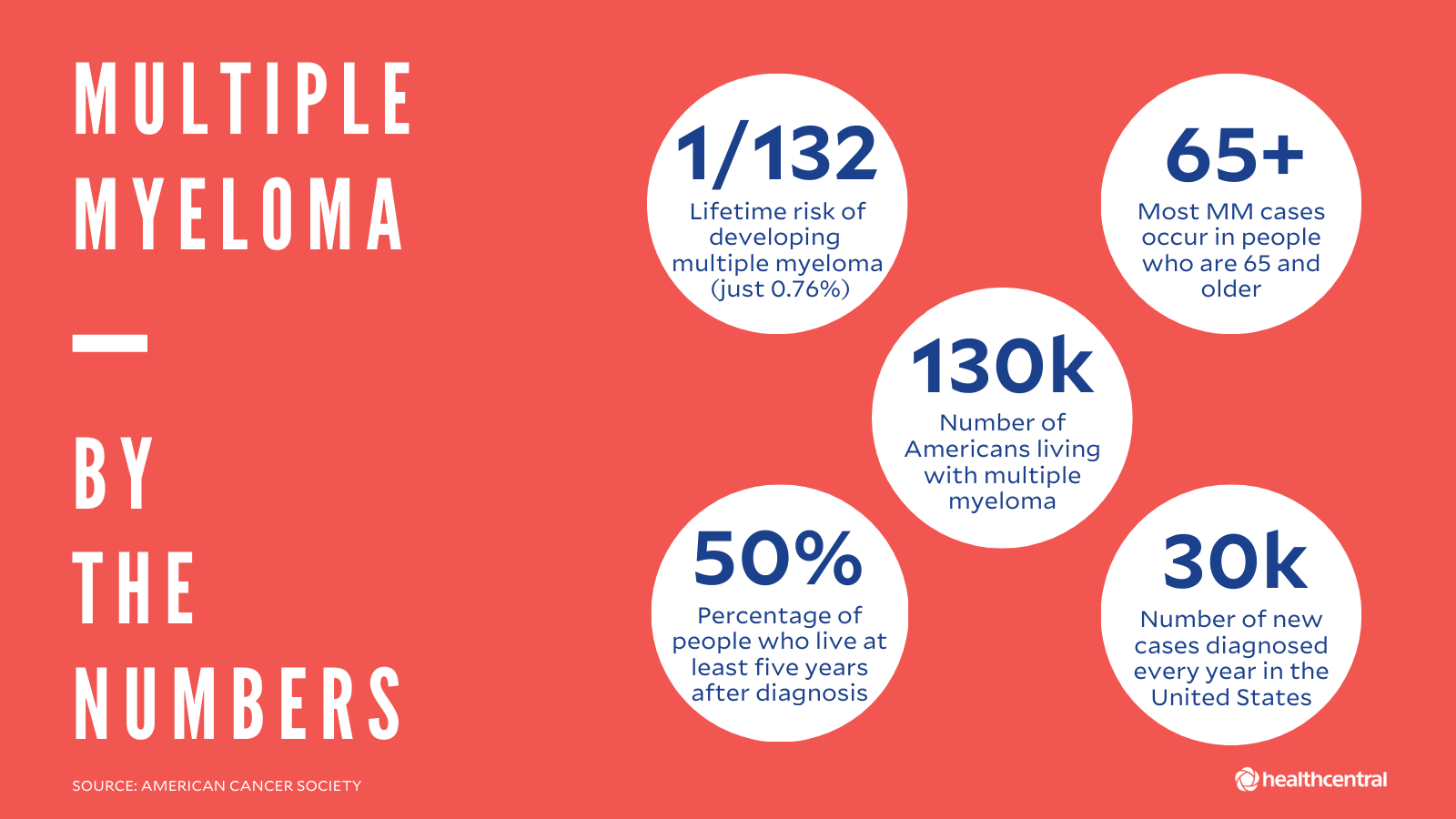
Multiple Myeloma Symptoms, Causes, Diagnosis, and Treatment
Multiple Myeloma: The Patient Journey - The Biotechnologist
Multiple Myeloma - The Longer You Live, The Longer You Live! Survival Rate and Life Expectancy Improves to a Cure rate at 10 years of Survival - Multiple Myeloma - Survival Rate Statistics by Hospital
Multiple Myeloma Symptoms, Causes, Diagnosis, and Treatment/multiple-myeloma-overview-4586928_final_CORRECTED-5c13b8f4b0064f2bbce90fcfa238f128.png)
Multiple Myeloma: Overview and More
Living with Multiple Myeloma - WhatNext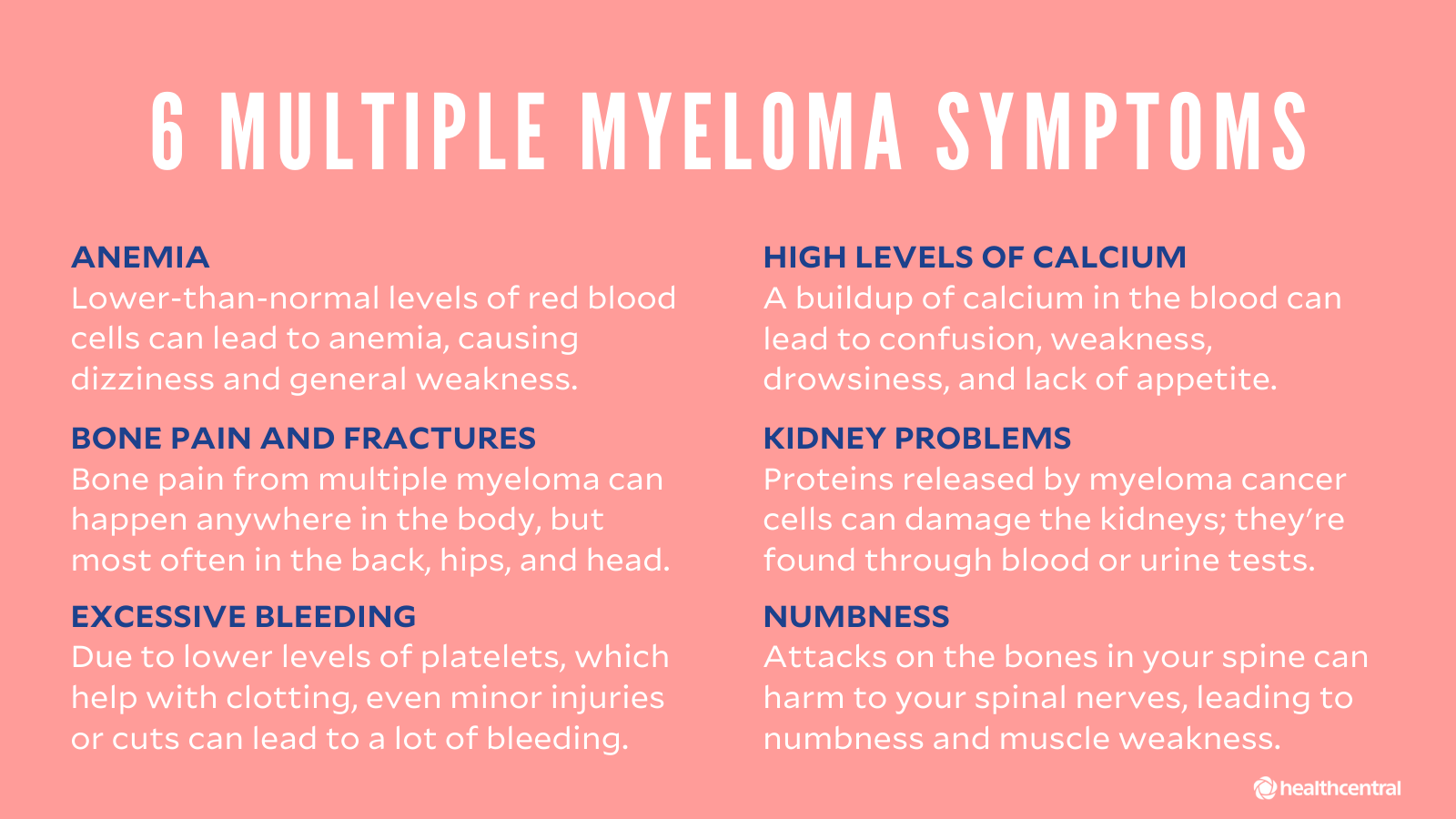
Multiple Myeloma Symptoms, Causes, Diagnosis, and Treatment
Living With Multiple Myeloma: Smith, Raymond E.: 9781496041166: Amazon.com: Books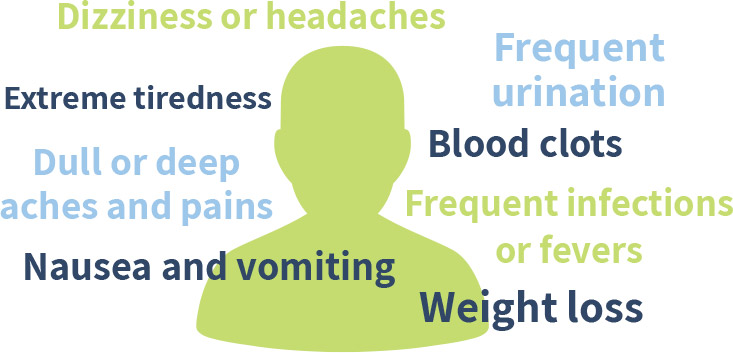
How Multiple Myeloma Might Make You Feel
Issue 2: The burden of living with myeloma and the challenges of coping with treatment
A Letter to Others Living with Multiple Myeloma
Multiple Myeloma - The younger you are, the better the prognosis! A much improved life expectancy and survival rate! - Multiple Myeloma - Survival Rate Statistics by Hospital/how-multiple-myeloma-is-diagnosed-4590149_FINAL-6985826d61d7485093a7162412602c6b.png)
Multiple Myeloma Prognosis
How Long a Person Can Live With Multiple Myeloma?
Living with Multiple Myeloma: A Continuum-Based Approach to Cancer Survivorship - ScienceDirect
Living with multiple myeloma - STAT
Uncovering the Unmet Needs of People Living with Multiple Myeloma: From Diagnosis to Relapsed or Refractory Disease - CONQUER: the patient voice
Multiple Myeloma
Patient experience: Living with multiple myeloma | Pharmafile
What's Different About Multiple Myeloma For African Americans?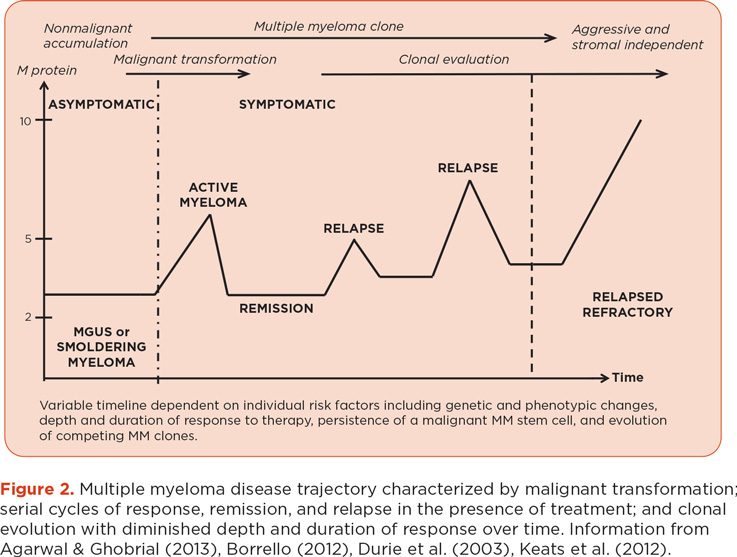
Relapsed or Relapsed/Refractory Multiple Myeloma - JADPRO
STA | Living with Multiple Myeloma: A Patient's Story
Life with multiple myeloma -
After 18 Years of Living With Multiple Myeloma, Dr Jim Omel Is An Expert - The Myeloma Crowd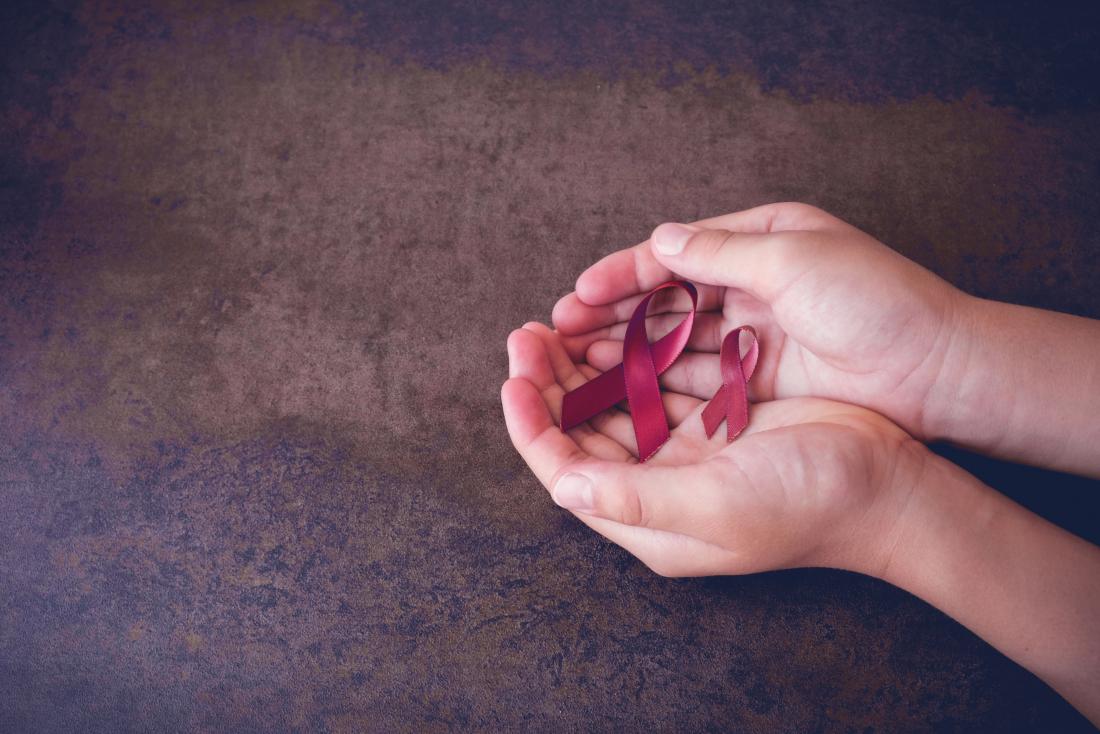
Stage 3 multiple myeloma: Life expectancy and outlook
Video on What's Multiple Myeloma
Multiple Myeloma | Multiple myeloma, Multiple myeloma cancer, Myeloma cancer
Table 4 from Living with Multiple Myeloma: A Continuum-Based Approach to Cancer Survivorship. | Semantic Scholar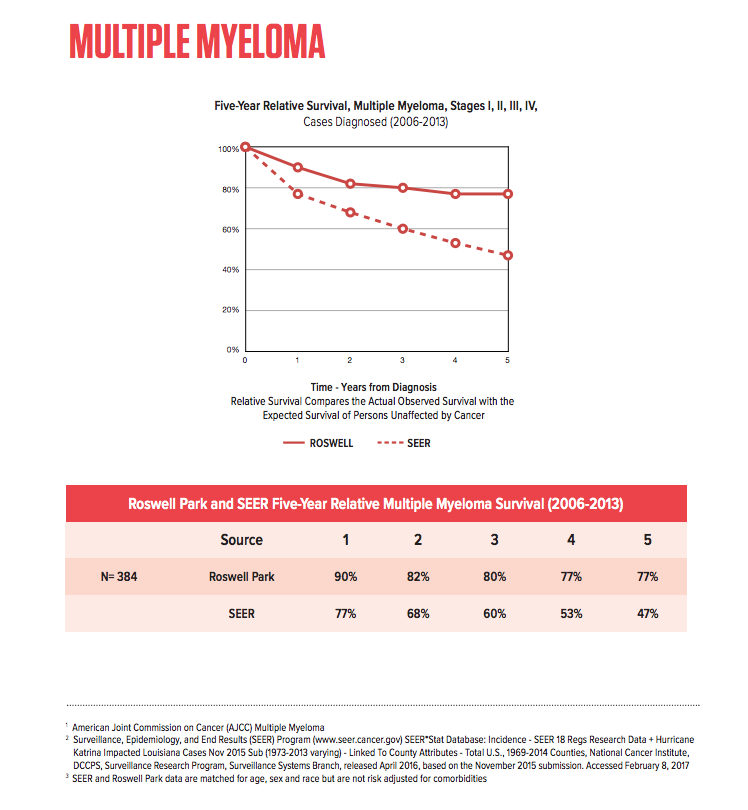
Multiple Myeloma Survival Rates | Roswell Park Comprehensive Cancer Center
A Treatment Option for Multiple Myeloma | REVLIMID® (lenalidomide)
Living with multiple myeloma
Uncovering the Unmet Needs of People Living with Multiple Myeloma: From Diagnosis to Relapsed or Refractory Disease - CONQUER: the patient voice
Living with the burden of relapse in multiple myeloma from the patient and physician perspective - ScienceDirect
Video on How Life Changes After a Multiple Myeloma Diagnosis
Multiple Myeloma Community - Home | Facebook
How Long Can a Person Live With Multiple Myeloma? | Tosi & Rose
The Symptoms of Multiple Myeloma | Everyday Health
Uncovering the Unmet Needs of People Living with Multiple Myeloma: From Diagnosis to Relapsed or Refractory Disease - CONQUER: the patient voice
3 Frustrating Things about Living with Multiple Myeloma - WhatNext
Complete Remission Predicts for Long Survival in Multiple Myeloma



/multiple-myeloma-overview-4586928_final_CORRECTED-5c13b8f4b0064f2bbce90fcfa238f128.png)






/how-multiple-myeloma-is-diagnosed-4590149_FINAL-6985826d61d7485093a7162412602c6b.png)

























Posting Komentar untuk "living with multiple myeloma"